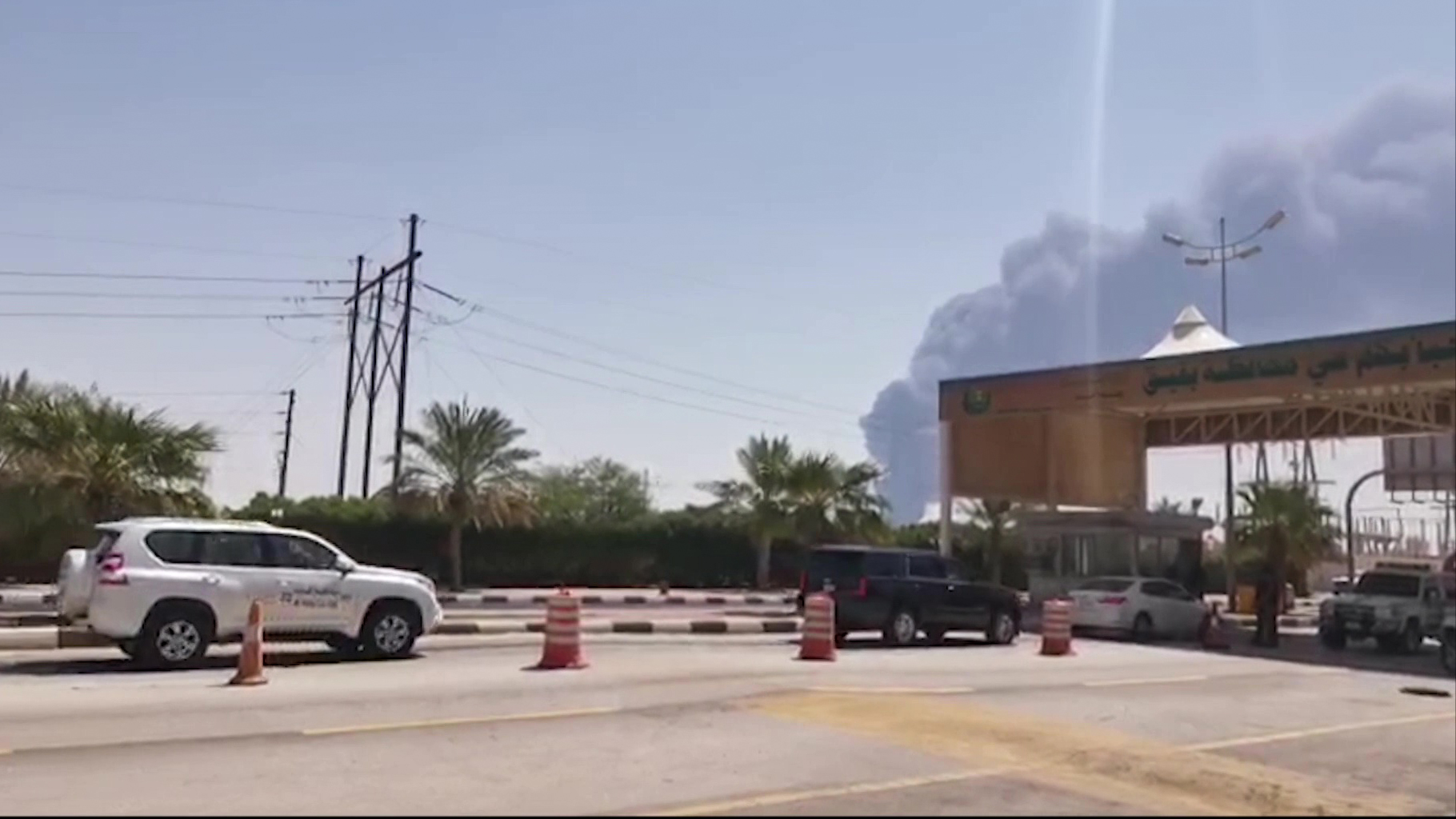The economics behind Xinjiang unrest
TEXT OF INTERVIEW
Kai Ryssdal: In Xinjiang province today, out of northwest China, there’s been no sign of any let up in the street fighting of the past few days. The riots there are just the latest sign of decades of tension between the majority Han Chinese and minority Uighers. More than 150 people have been killed. More than a 1,000 wounded. Over what is in part an economic fight. Marketplace’s Scott Tong is based in Shanghai usually. He’s reported from Xinjiang for us. And he’s back in L.A. this week. Scott, good to see you.
SCOTT TONG: Good to see you, Kai. How are you?
Ryssdal: I’m well. Tell me about the Uighers, and what their big issue is.
TONG: Well, Kai, think about the typical Chinese person you know. The Uighers don’t look like that. Their blood is Turkic, and they’re Muslim. And basically they don’t fit in appearance wise and as far as jobs, they say they don’t get the jobs.
And when I was in Xinjiang, I went to a construction site, and I talked to some of these Uigher men, and one of them said he makes $7 a day kinda lifting the heaviest stuff. The ethnic Han Chinese who also work at that construction site, they don’t have to lift the heavy stuff, and they make three times the money. So that’s the argument they make, that they’re frozen out of this economic boom we all think about in China.
Ryssdal: Are there political aspirations too, by the Uighers?
TONG: Well some of them talk about autonomy, and the ones who are very aggressive about it talk about Xinjiang as East Turkistan, so they have some of those aspirations. But not all of them think about that.
Ryssdal: I’d imagine when you talk to communist party officials out there, government bureaucrats, they see things probably quite differently.
TONG: They say look at the numbers. The per capita GDP in that part of China has grown tremendously. Right now, it’s more than $2,000. It’s above the national average in China, and you know, it’s kind of benevolent hegemony. We have come and we’ve classed up this joint, we’ve made everybody wealthier, what’s your problem?
Ryssdal: You’ve been out there to Xinjiang, right? Can you feel these tensions on the streets?
TONG: You land there, and on the tarmac you see guns and soldiers. And in the rest of China, as you know, you don’t see that. You go to Shanghai or Beijing, and then you get off the plane and go shopping. And in this part of Xinjiang, you see guns, you see security cameras, so it’s tense from the moment you’re there. And the Chinese government is just trying to intimidate everyone there into cooperating, putting their heads down, and just working.
Ryssdal: Consider the map of China for me for a second. Xinjiang is way out in the northwest part of that country, thousands of miles from Beijing. Why does it matter to the central government and then to the rest of us?
TONG: Well, it matters to the world because of hydrocarbons. What’s under the ground there is maybe 30 percent of the natural gas and the oil that China needs. So that’s part one of that story. The other part is Xinjiang borders on a critical part of the world, central Asia, Kazakhstan, Uzbekistan, Tajikistan, Russia, Pakistan, I mean that part of that world just has a lot of oil and gas. Everybody wants access to it. So there are pipelines, there are rail lines, there are freeways, that connect China to this critical part of the world.
Ryssdal: The profits that corporations make from the oil and natural resources in Xinjiang. They’re not staying in Xinjiang are they, right? They’re being repatriated, for want of a better word, to the east where all the growth is in China and in that economy.
TONG: Well, if you think about the pipeline, the oil is piped into places like Shanghai or these refineries in the east coast. And then the money from that goes to the state-owned companies, their shareholders, some of them are publicly listed. But the argument of the Uighers there is it doesn’t come to us.
Ryssdal: What happens now, though, Scott? Because this conflict over natural resources won’t go away, the bad feelings between these two groups isn’t going to go away.
TONG: Well, what’s underlying this doesn’t seem like it is going to go anywhere, but for the immediate crisis here, Chinese government officials tell people that we’re talking to that we need to contain this in this city. Urumchi is where this is happening, the provincial capital here. And if it starts spreading to other cities, and there are some signs that it’s happening, then they have a real problem on their hands. One Chinese official said it’s like swine flu. You know, once it gets out of control, we don’t know what to do.
Ryssdal: Scott Tong. He’s our Shanghai bureau chief. He’s here in L.A. for the week. Scott, thanks a lot.
TONG: All right, thanks Kai.
There’s a lot happening in the world. Through it all, Marketplace is here for you.
You rely on Marketplace to break down the world’s events and tell you how it affects you in a fact-based, approachable way. We rely on your financial support to keep making that possible.
Your donation today powers the independent journalism that you rely on. For just $5/month, you can help sustain Marketplace so we can keep reporting on the things that matter to you.


















